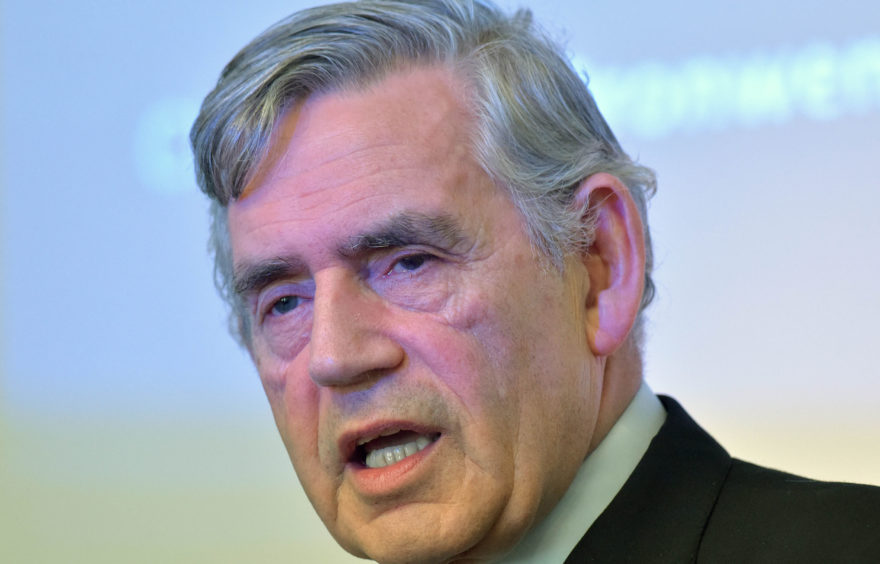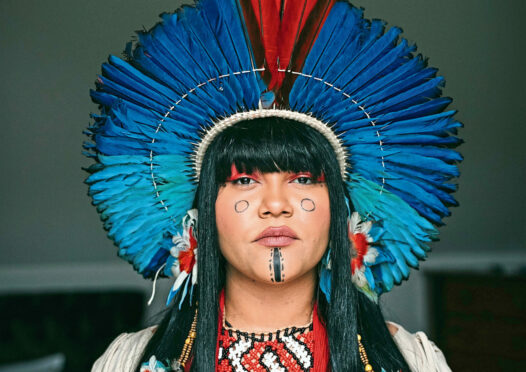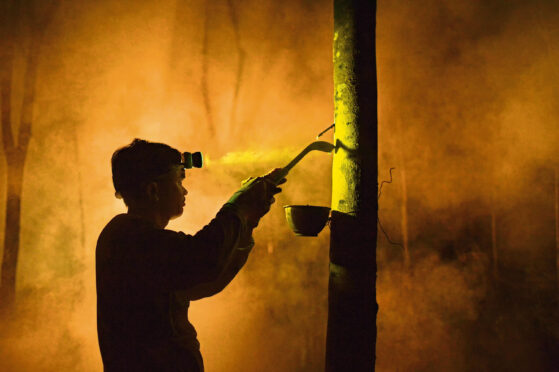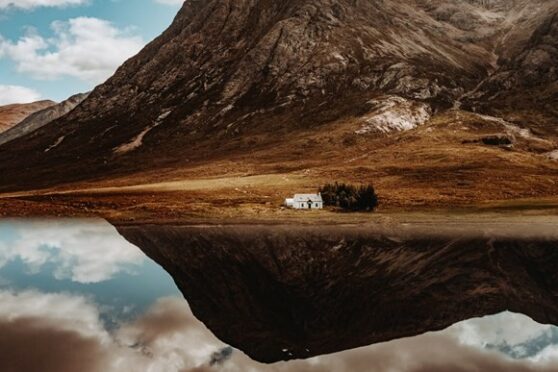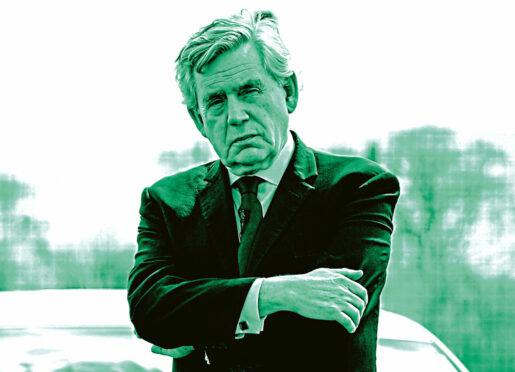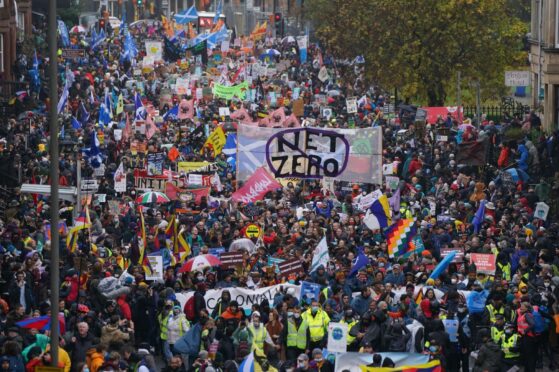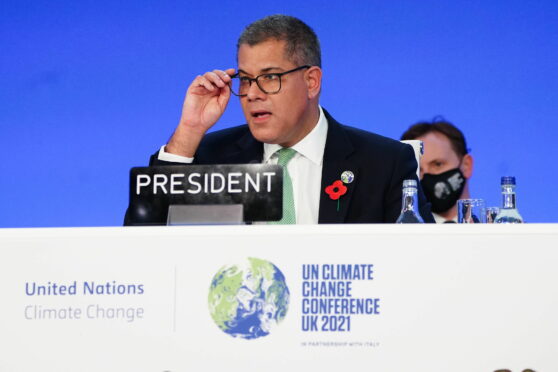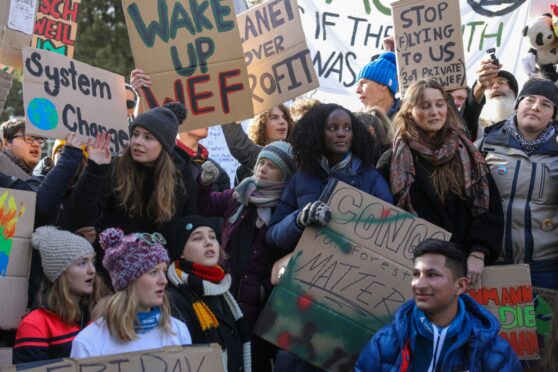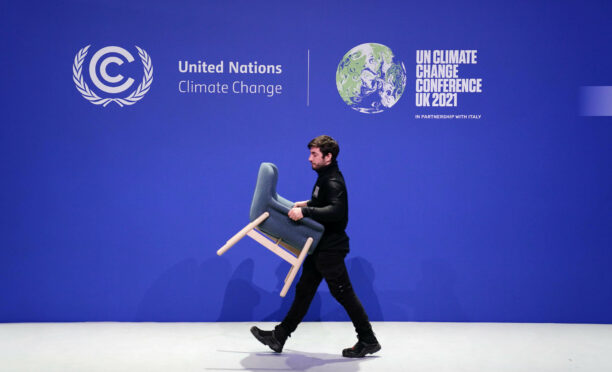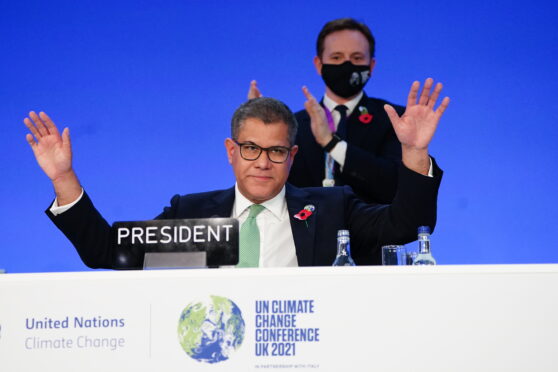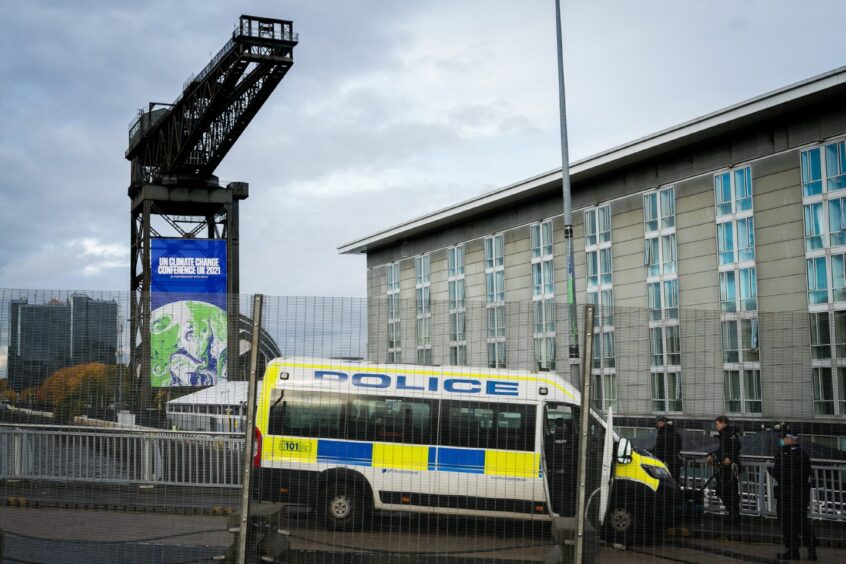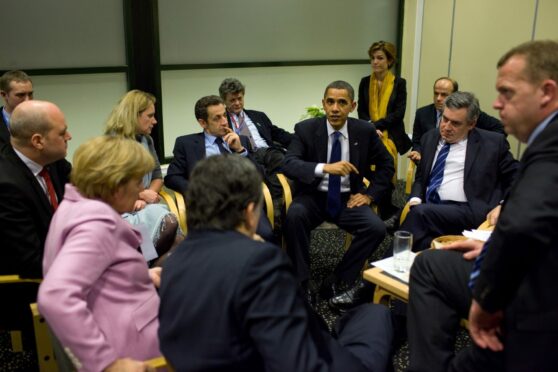
For two weeks from today, Glasgow will become the centre of the world as Scotland welcomes more political leaders than at any other time in our history.
It is a unique opportunity for both Scotland and the wider United Kingdom to show that we can lead the planet on the most important issue of our time: the growing challenge of climate change.
I led the British delegation as Prime Minister in the Copenhagen climate change summit in 2009 when, amidst all the difficulties, we made major commitments on funding for coastal states and developing nations. I was encouraged when, in 2015, huge steps forward were made in Paris.
Let us all hope that Glasgow will be a step forward – and that the city will become synonymous with the cause of climate justice.
At the latest count, 120 of the 197 members of the climate change convention will be attending in person. And the moment they arrive they have work to do.
Already agreed are welcome initiatives to be announced this week – the phasing out of coal, the switch to electric cars, planting billions of more trees, encouragement of solar, wind and wave power – and long-term commitments to net zero carbon economies by 2050 and, at the latest, 2060.
But two make-or-break decisions stand between success and failure: just how big each country’s carbon reductions will be during the 2020s; and the degree of financial help rich countries will give poor countries to achieve them.
At the centre of the Paris accord of 2015 was an agreement that, in Glasgow, countries would ratchet up carbon reduction ambitions.
Now, with China and Russia absent and India likely to refuse to cap its carbon reductions in the 2020s, the most likely outcome is to agree to kick “the cap” down the road.
We can only hope that we can advance the date of the next target-setting conference from 2025 to 2023. But unless the richest countries make a bolder financial offer to assist coastal states and developing countries hard hit by climate-induced droughts, floods fires, famines, and forced migration, Cop26 cannot succeed.
The commitment to $100 billion a year for climate finance that I negotiated with the US and Europe in 2009 has never been honoured in any of the last 11 years.
As current negotiations stand, this $100bn promise will not be reached until 2023 and a compromise – averaging out the payments by promising $600bn over six years – is as yet an aspiration, not a decision.
Alok Sharma, the Cop26 president, has tried hard but Treasury resistance – and Prime Ministerial inaction – has left Britain exposed to the criticisms of the developing world as he goes into the conference chamber.
A burden-sharing agreement, where rich countries agreed to pay based on their wealth and their culpability for historic emissions, would have made sense but instead countries can offer what they like.
As conference chair, Britain should be taking the lead, but while Britain has doubled its developing countries funding to £2.3bn a year, it has bent the rules – and now seeks to do what no other country has attempted; to count loans transferred from the International Monetary Fund (IMF) to the UK and the UK back to the IMF as overseas development assistance (ODA) and by this backdoor method meet its commitment to 0.5% of national income spent on overseas aid.
And despite the chancellor explicitly promising at the IMF World Bank Spring Meetings that he would provide “additional ODA” he may yet cut another £1bn or more from aid budgets and offer help in the forms of loans and not grants, while claiming he is spending 0.5 % of national income on aid.
This manipulation of spending figures makes it more difficult for Britain to convince laggards – such as Australia Canada, Japan and Italy – to do more or to convince America, whose $11bn commitment remains too small, to make good their shortfall in financial commitments.
We must not give up but continue to fight for climate justice, and a world where economic progress and social justice go hand in hand with a sustainable environment. I take heart from the millions of our fellow citizens, especially a new generation of young people now aware of the costs of pollution to their quality of life.
Glasgow has a chance this week of joining Paris, Kyoto and Rio as cities associated with real and lasting change on the climate, but it will require our political leaders to step up and show leadership and imagination to do so.
Gordon Brown is a former Prime Minister and leader of Labour

Enjoy the convenience of having The Sunday Post delivered as a digital ePaper straight to your smartphone, tablet or computer.
Subscribe for only £5.49 a month and enjoy all the benefits of the printed paper as a digital replica.
Subscribe